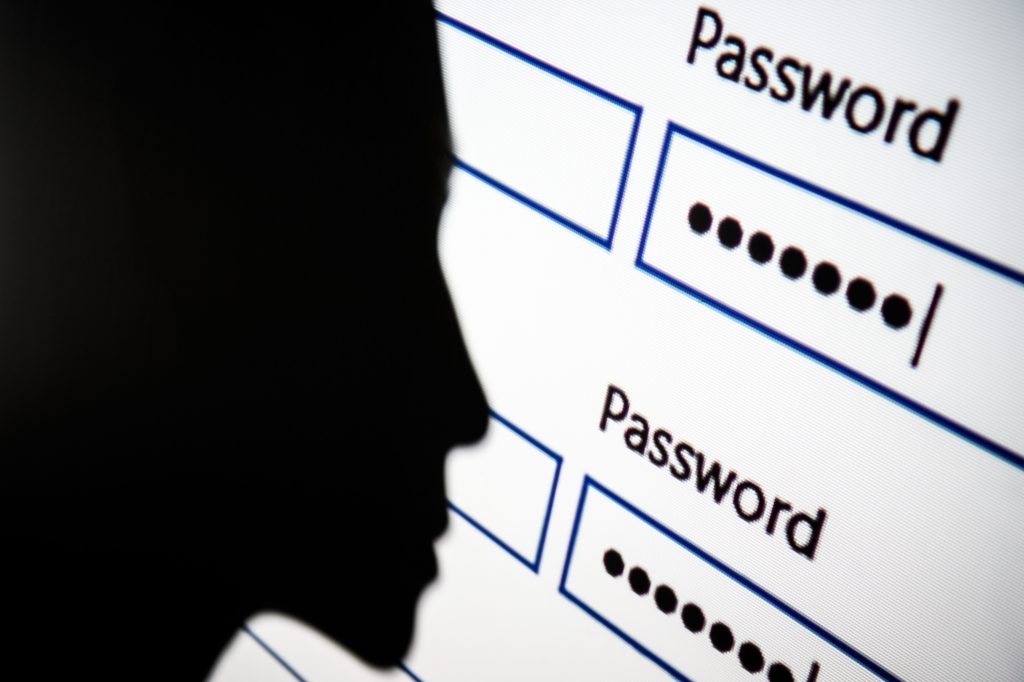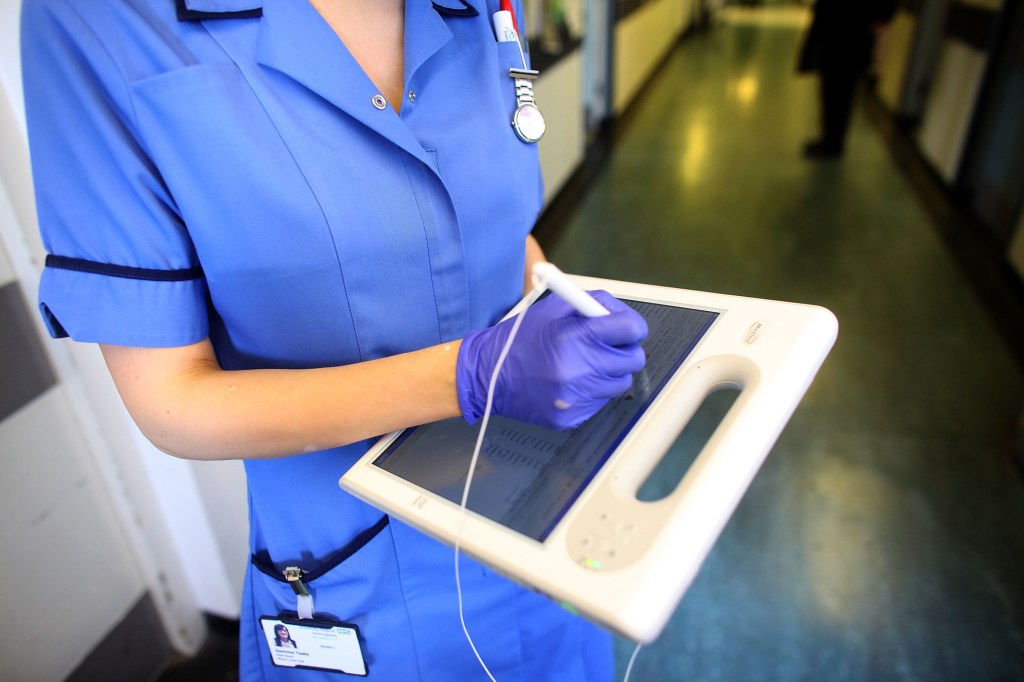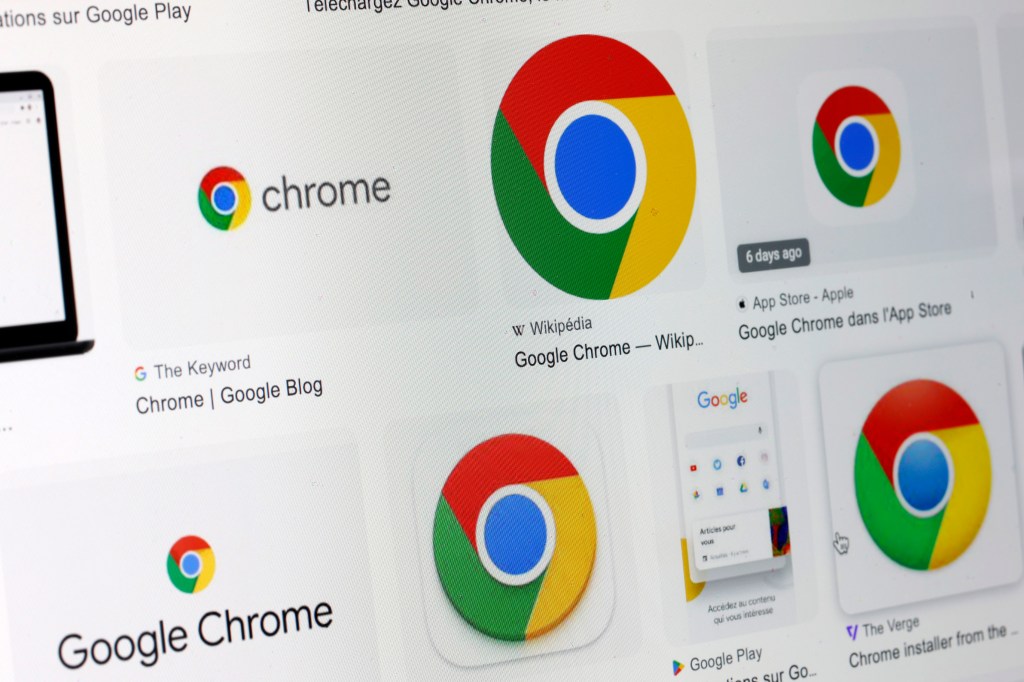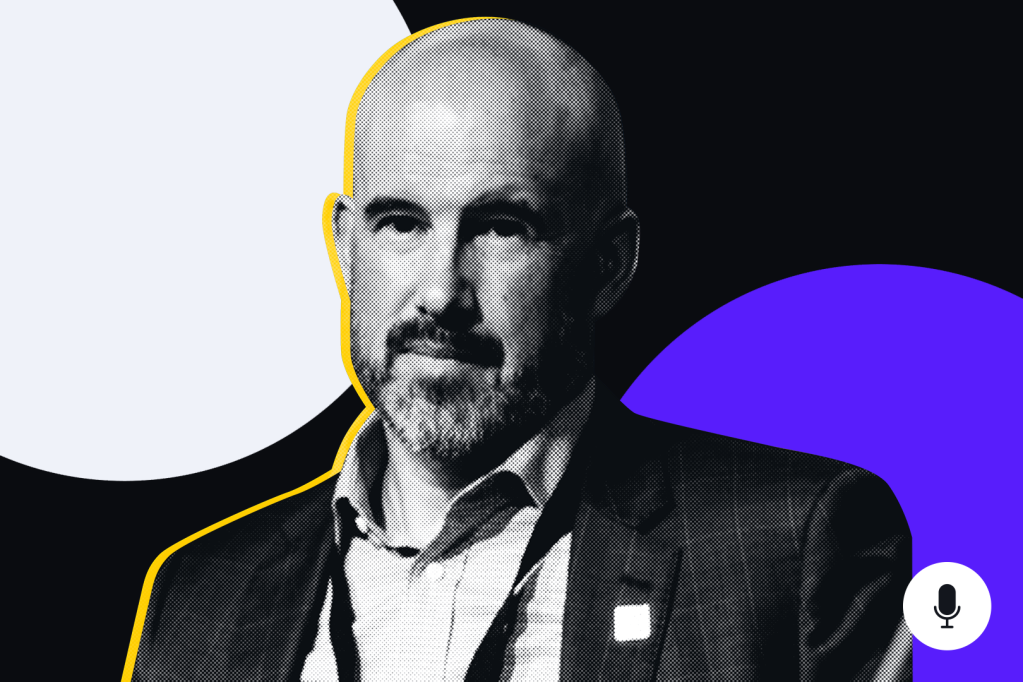A plan to increase economic opportunity, enable global democratic processes, preserve privacy and distinguish humans from machines in an age of AI sounds like a very good thing. But when the same plan can also be described as the use of humans as guinea pigs in a giant experiment requiring
Register for free to keep reading
To continue reading this article and unlock full access to GRIP, register now. You’ll enjoy free access to all content until our subscription service launches in early 2026.
- Unlimited access to industry insights
- Stay on top of key rules and regulatory changes with our Rules Navigator
- Ad-free experience with no distractions
- Regular podcasts from trusted external experts
- Fresh compliance and regulatory content every day












